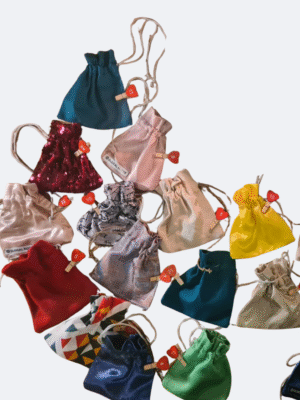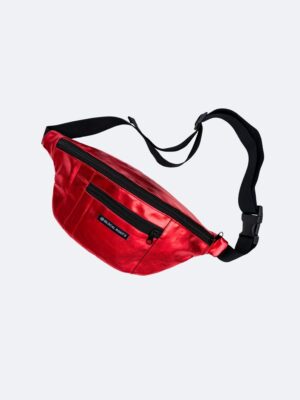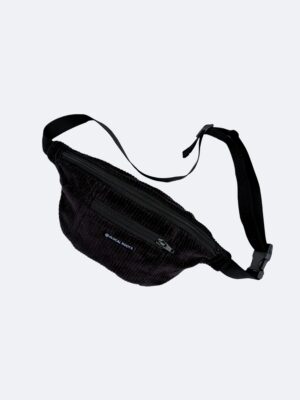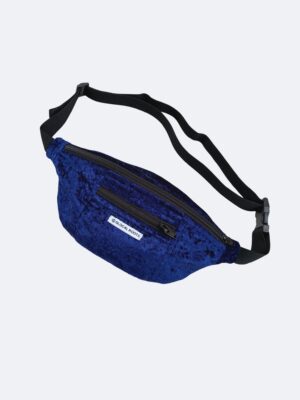Glocal Insight
Refugees Continue to Face Violent and Illegal Pushbacks off the Coast of Kos
Separated from Turkey by roughly 5 kilometres of sea, the island of Kos stands at the very edge of the EU’s external border. With the city of Bodrum clearly visible from its shores, tourists are shuttled back and forth everyday in a routine 30 minute journey. Yet as night falls and these ferries stop, the crossings themselves do not. In their place, people on the move in Turkey prepare to take the same route in an attempt to find safety in Europe. Their journeys, however, are much more perilous.
At the Hub, we have interviewed a number of individuals who recount stories of violent and illegal pushbacks* to Turkey during their boat crossings to Greece. The extent of their suffering has been deeply shocking. Despite already taking immense risks to reach the island – crammed by traffickers into small and overcrowded boats, sometimes during difficult weather conditions – the level of harm being inflicted by the coast guards during these incidents has come to be one of the most traumatic experiences for refugees throughout their migration process.
“We would get close to the island, but the Greek police would push us back by taking over the engine and throwing us into the sea, for approximately 2, 3, 5 hours – left floating in the water. We would be thrown into something like a basket, small, old. They would take our phones, our bags and clothes. […] They would throw us all. Children, old men, women […] they would just try and drown us”.
Multiple people described being thrown into these small, engineless boats.
The reality of this practice is that it is often extremely violent.
“It was humiliation. They beat us, swore at us, cursed us, ‘you Arabs, son of’ blah blah blah. A lot of bad phrases.”
On some occasions, people report being beaten by authorities.
“They would bring a bat and hit us, beat our arms, our legs, break us. […] If we had small children with us, they would not beat us, or they would take us away from them and beat us”.
These incidents are not a rarity, and their violence not incidental. Though some do successfully cross on their first or second attempt, one individual recounted being pushed back from various islands 14 times before finally reaching Kos, with violence occurring on multiple occasions. Another only arrived on their 18th try.
All interviewees say they were held by Turkish authorities after they were pushed back, in some cases for weeks. From there, some recount more violence.
“They would capture us and return us to Turkey where they would abuse us. They would break us, the Turkish would place us all in an open space and beat us, in a port, without camera”.
Conditions of these holding areas were reportedly dire. Without a roof for shelter, we are told they were exposed to rain and cold, with illness spreading “across the grounds”. Others were taken to more prison-like facilities, though conditions were reportedly no better.
“There’s no windows in the jail, and even there’s no blanket. There’s no anything. We just slept on the land. There was no […] humanitarian things. […] There is rules for jails all over the world that you should have windows, toilet, and all this stuff. But in the jail in Turkey, no, there was nothing (sic).”
The level of alleged harm inflicted during pushbacks cannot be understated. With severe levels of trauma an almost certain consequence, refugees seem to face a likely prospect of physical injury. At their most extreme, fatalities have also been reported. A recent report from the BBC alleged that dozens of displaced people have died as a result of pushbacks across Greece over the last few years.* One person who spoke to Glocal Roots expressed their fear that they could have met the same fate:
“we thought no one was going to come, that we were going to drown, it was so hard to get out of the sea. We did not believe we would survive this.”
If pushbacks were intended to deter refugees from arriving, they are in vain. One person told us,
“The first time [making the crossing] I had no idea [about pushbacks], but obviously after every time, I knew.”
Another stated,
“We would just keep trying. We did not relax in Turkey. We would be released from the prison and just try and escape”.
The fact that refugees repeatedly and knowingly put themselves through the danger of pushbacks merely highlights their level of desperation to find refuge in a country where they are told they’ll have rights. In Turkey, refugees reportedly face high-levels of discrimination:
“Because we are Palestinian, because we are Syrian – we do not have any rights there.”
Another explained,
“we didn’t have a good life and we weren’t allowed to leave. So it’s like we were stuck. I told them [the police], ‘we need a solution. Just leave us to go. Let us go.’”
It is clear that without other options for entry, boat crossings will not stop. The only consequence of practices such as pushbacks is the increased danger in migration routes to enter European territories, and as a result, the rise in profit for human traffickers.
Under the 1951 UN Refugee Convention, the principle of non-refoulement states that no refugee should be returned to a country where they face inhumane treatment. Refugees arriving in Greece have the right to ask for asylum, regardless of irregular entry. Acknowledging this, and acknowledging that deterrence policies do not work, Greek coast guards must provide humanitarian support to those who make the crossing and respect their right to ask for asylum – in accordance with international law.
There is enough evidence today to demonstrate that these illegal practices are crimes committed by Greece, and that they are supported by the EU as part of their inhumane migration policies. Pushbacks cannot continue to be carried out with impunity. The risk of tragedy during crossings is already too high, and the violence, humiliation, and added trauma they impose benefits no one but the smuggling networks. At Glocal Roots, we firmly denounce these brutal practices and advocate for safe and legal migration routes that enable every asylum seeker to find refuge without harm.
Testimonies quoted in this article come from multiple sources who have been in contact with Glocal Roots in Kos. All of them have been anonymised.
*Pushbacks are defined by the Border Violence Monitoring Network as ‘the informal cross-border expulsion (without due process) of individuals or groups to another country’.







